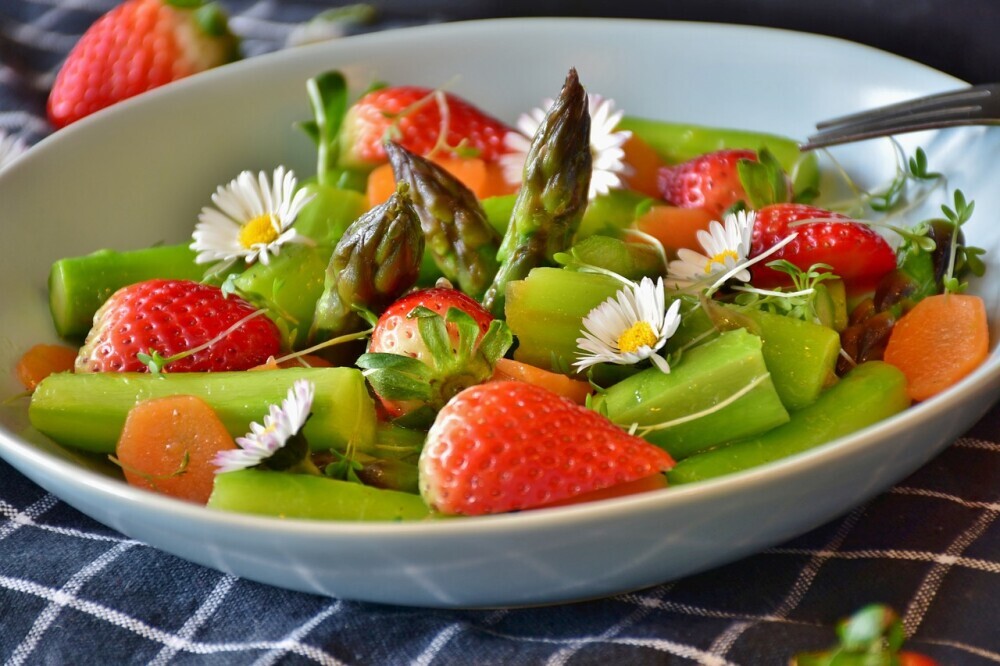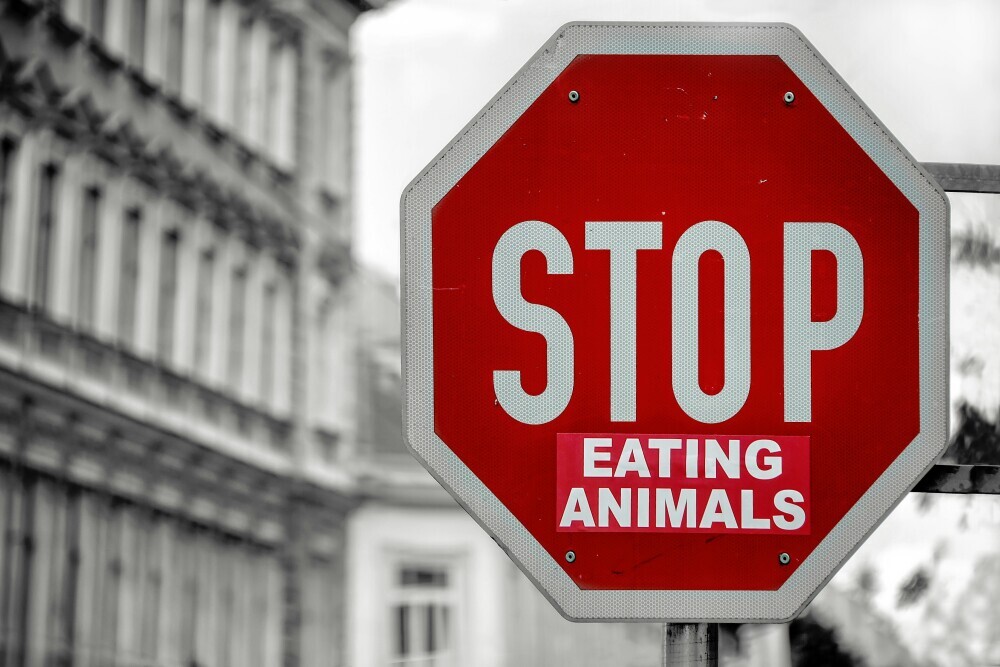Protein is like the engine of the body, helping build and repair tissues, making enzymes and hormones, and just generally keeping things running smoothly. But how much do we really need? Well, for most folks, it’s about 0.8 grams per kilogram of body weight. So if you weigh 70 kilograms, you’re looking at around 56 grams a day.
There’s this wild belief that vegans can’t get enough protein. In truth, the dietary needs for protein don’t change if you’re eating plant-based; it’s just about where you’re getting it from. Vegans aren’t mysteriously needing more protein just because they’re skipping the steak.
Amino acids are the building blocks here, and not all proteins are created equal. Some, like animal products, provide all essential amino acids, making them complete proteins. But hey, guess what? You can also bump into complete proteins in the plant world by mixing and matching. Think rice and beans or tortillas and black beans.
The idea that a vegan diet leaves you stranded without protein is more myth than fact. With a bit of planning, it’s totally possible to meet your protein needs and still keep things tasty. Plus, less of that animal protein means you’re dodging some of the saturated fats; your heart will thank you!
Exploring Vegan Protein Sources
You might think it’s tough getting your protein from plants, but trust me, there’s a smorgasbord of options out there that are both delicious and filling. Let’s kick things off with legumes. Think lentils, chickpeas, black beans – they’re all protein-packed stars, and they’re super versatile. You can throw them into soups, stews, or salads, or mash them up for a tasty bean burger.
Nuts and seeds are also in the spotlight. Almonds, walnuts, sunflower seeds, and chia seeds pack a protein punch, not to mention healthy fats. Snack on a handful of nuts or sprinkle seeds over your oatmeal or yogurt.
Grains like quinoa, farro, and buckwheat aren’t just carbs; they’re pretty solid protein sources, too. Quinoa, in particular, is a complete protein, meaning it ticks all the essential amino acid boxes. Talk about a superhero grain!
Mixing and matching different foods is key to ensuring a complete amino acid profile. You don’t need to hit all your amino acids in every single meal, but shooting for variety throughout your day will keep you covered.
Not feeling up to planning? No worries, there are also protein supplements and fortified foods waving from supermarket shelves. Adding something like a pea or hemp protein powder to your smoothie now and then can be a handy backup.
It’s about enjoying a wide range of foods and getting creative in the kitchen. With so many options, staying plant-based and protein-rich is definitely doable.
Health Benefits and Challenges of a Vegan Diet
Adopting a vegan diet can bring some pretty sweet health perks. People often report feeling more energetic, and there’s solid evidence pointing to lower risks of heart disease and high blood pressure. Toss in a potential decrease in the risk of certain cancers, and it’s easy to see why vegans are smiling.
But let’s be honest, going fully plant-based isn’t without its bumps. While protein isn’t usually an issue with the right choices, B12, iron, calcium, and omega-3s can be a bit trickier to get enough of. B12, for example, is mainly found in animal products, so you’ll want to look at fortified foods or supplements.
Iron from plants can also be harder for the body to absorb. Pairing it with vitamin C (like citrus fruits or bell peppers) can give it a boost. Calcium-fortified plant milks and leafy greens are great for keeping bones strong, and don’t forget those flaxseeds or walnuts for omega-3s.
Balancing these nutrients takes a bit of mindfulness, but with some careful planning and maybe a little help from supplements, it’s totally manageable. Chat with a dietitian if you’re feeling unsure – they’re pros at helping set up a balanced vegan diet that covers all your bases.
Navigating these challenges is a bit like customizing your favorite playlist; with patience and the right choices, you’ll hit all the right notes. So, whether you’re spicing things up with new recipes or tweaking your nutrient intake, it can definitely be a satisfying journey.
Expert Opinions and Research on Vegan Protein Sufficiency
Recent studies have consistently shown that a well-planned vegan diet provides all the protein and nutrients you need. Researchers emphasize the importance of variety—mixing up your grains, veggies, legumes, and fruits to hit those nutritional targets.
Nutritionists often stress the point that getting enough protein on a vegan diet isn’t as hard as it seems. Experts suggest focusing on whole, unprocessed foods and embracing the diversity of plant-based options. The idea is to fill your plate with a colorful array of foods.
Hearing from folks who’ve embraced veganism brings in another perspective. From athletes to busy parents, many have transitioned smoothly and are thriving, proving that lifestyle demands aren’t a barrier to getting enough protein.
Looking ahead, the future of plant-based protein is shining bright. Innovation in food tech is bringing exciting options to tables everywhere—from lab-developed proteins to expanded plant-based product lines. This not only makes vegan eating more accessible but also more exciting and varied.
Experts all seem to agree on one thing: it’s completely feasible to thrive on a vegan diet loaded with all the protein your body craves. With a bit of know-how and some creative meal planning, maintaining your health and protein intake on a plant-based diet can be straightforward and fulfilling.
“Our Website contains affiliate links this means if you click and make a purchase we may receive a small commission. “Don’t worry there is no extra cost to you. It’s a simple way you can support our mission to bring you quality content.“

